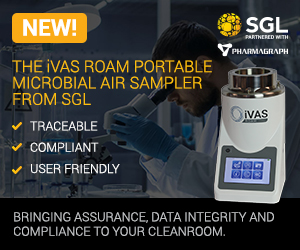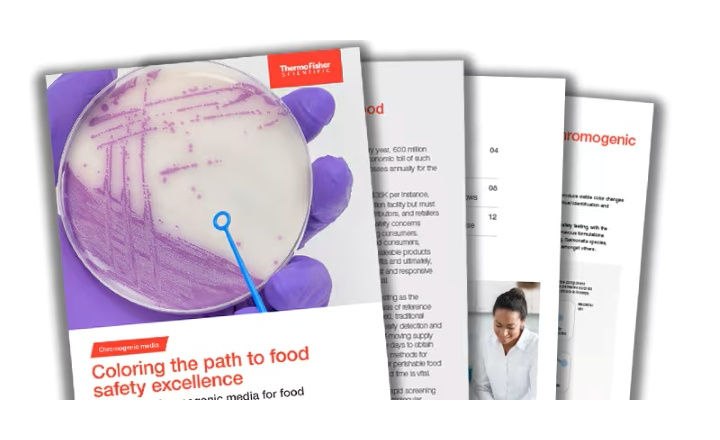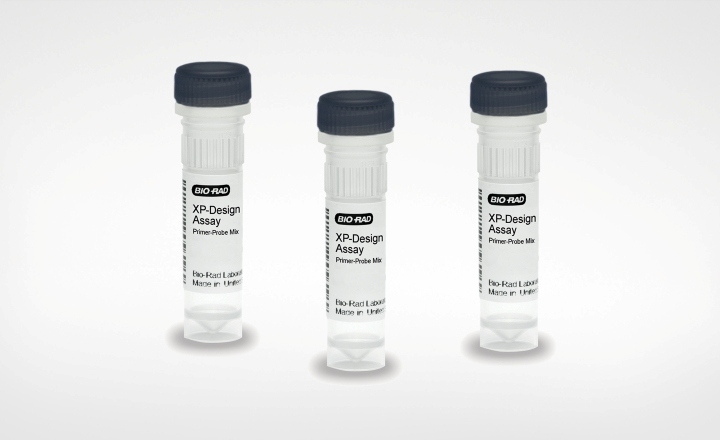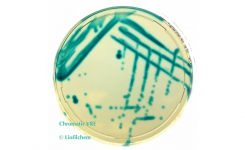Say Goodbye, Thermocycler
TwistDx announce the first viable alternative to PCR for every day lab work in over 30 years – TwistAmp® kits that can use standard PCR primers. TwistAmp isothermal Recombinase Polymerase Amplification (RPA) reactions take 10-40 minutes to run (depending on primers and amplicon size), can be multiplexed and are compatible with fluorescent probes or standard 18-26 base PCR primers.
Dr Niall Armes, CEO, said, “we’re giving away 200 sample kits because many scientists are sceptical – they think RPA is too good to be true. However there are almost 60 peer-reviewed publications that show RPA really works. People won’t need to wait for the lab thermocycler to be free to run their reaction if they use RPA instead of PCR. They can just use their PCR primers in an RPA reaction and hold the tube to warm it up because it works best at 37-42°C. One group has already shown that reactions work well when you put the tubes under your armpit!”
RPA is so fast, the sample reaction can be done in 10 minutes (for small amplicons) so you can finish your experiments faster with the same sensitivity and specificity as PCR. A recent Wall Street Journal article showed RPA used with a solar-powered suitcase laboratory to detect Ebola virus in the field in Africa.
Digital amplification, cancer drug discovery, lab-on-a-chip and next-generation sequencing library preparation are just some of the novel uses scientists are finding for RPA. RPA makes things possible that just aren’t feasible with other technologies.
How does RPA work? Recombinase proteins form recombination filaments with oligos that are paired with homologous sequence in duplex DNA. Single-stranded DNA-binding proteins stabilise the D-loop that this creates, allowing a strand-displacing polymerase to begin copying the DNA. Using opposing primers means that PCR-like exponential amplification occurs, but without the need for thermal cycling.
























